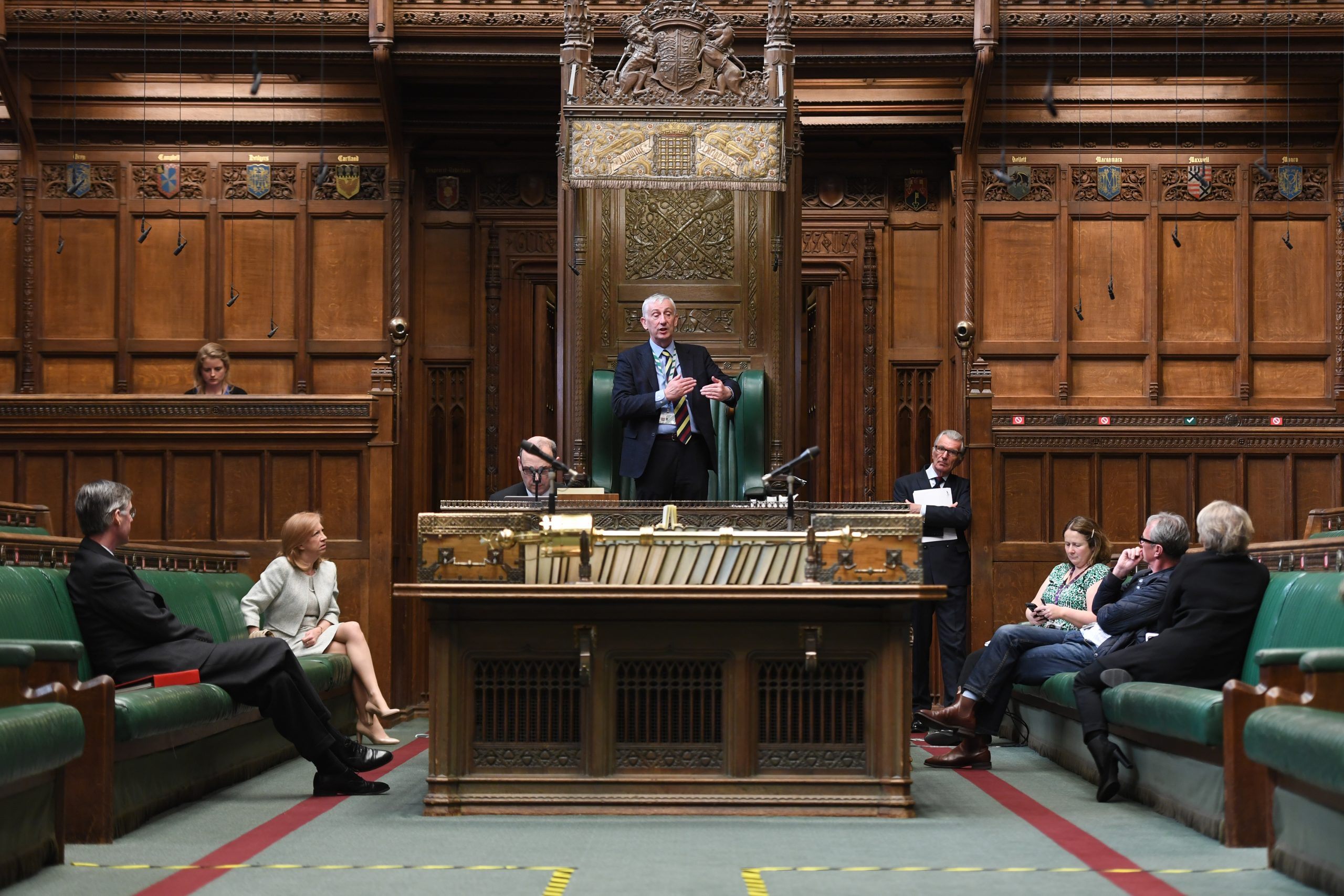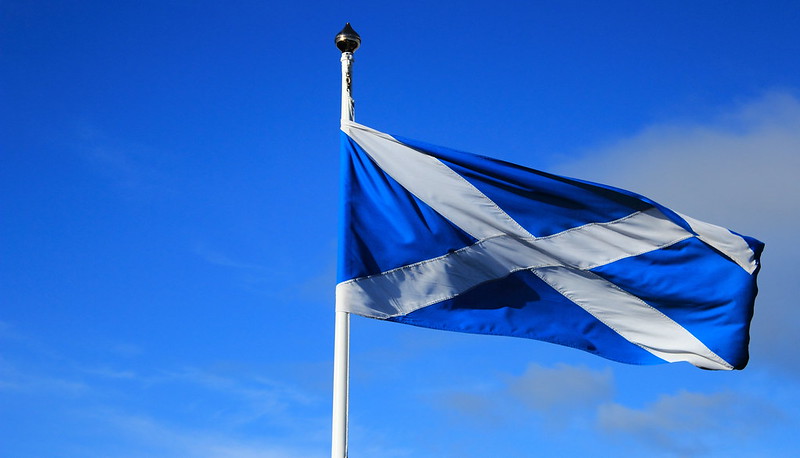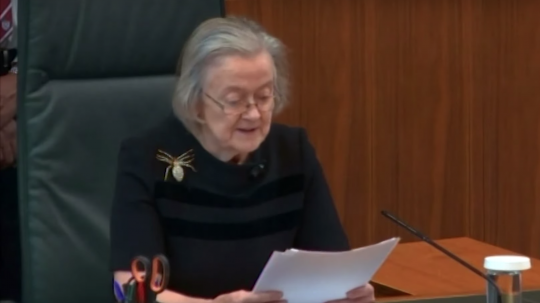Laws are central to our everyday lives – they govern our freedoms and liberties, should defend our human rights and even determine what taxpayer’s money goes towards. But what is a law and how are they created in the UK?
In the UK, the body which makes, debates and passes laws is the Houses of Parliament. It includes the House of Commons, made up of elected Members of Parliament (MPs) and the House of Lords, made up of peers – Lords and Baronesses.
The role of Parliament
Parliament’s role is to check the work of government, by debating, amending and passing laws. It is meant to act as a check on government power. Parliament has sovereignty in the UK but is subject to international law. For example, the Human Rights Act 1998 made it law that Parliament has obligations to adhere to the European Convention on Human Rights.
Today, there are second readings of bills in both the @UKHouseofLords and @HouseofCommons. But what does 'second reading' actually mean?
Take a look 👇🧵
— UK Parliament (@UKParliament) May 23, 2022
The Crown is integral to Parliament. The Crown opens and dissolves Parliament and approves proposed laws that have passed through Parliament.
Laws do not necessarily apply to the whole of the UK as different countries within the UK have devolved powers for different areas of government, like health or education. Laws can sometimes apply to only England, Wales, Scotland or Northern Ireland.
In recent years, Scotland and Wales have extended legislation beyond Westminster in some areas when it comes to bringing international human rights standards into Scottish and Welsh law.
For instance, Welsh Ministers are required by law to have due regard to the UN Convention on the Rights of the Child when developing or reviewing legislation and policy in Wales. That legislation effectively results in greater protection for children’s rights in Wales than is the case in England, for instance.
What is a Bill?
A Bill is a proposed law or a proposed change to an existing law that is presented before Parliament for debate.
Different types of Bills can be introduced by the government, individual MPs or Lords and private individuals or organisations. There are three different types of Bill: Public, Private and Hybrid Bills. There is also another kind of Public Bill called Private Members’ Bills.
Before a Bill is made, the government may produce a White Paper, which can set out the proposed changes to the law. Private Members’ Bills are introduced by MPs or peers who are not members of the government.
A draft Bill is usually first published before it is formally introduced to Parliament, to give MPs and peers a chance to examine it. This can take place through parliamentary committees, which cover each government department and other issues, such as human rights or national security.
Then, a Bill is introduced in either the House of Commons or the House of Lords. This is usually up to the government, but Bills aiming to implement new taxation legislation must start in the Commons.
The Bill goes through several stages in both the House of Commons and the House of Lords, called ‘readings’. In the second reading, members of parliament and peers debate the Bill. The government, or private members, will introduce the Bill. The opposition is given the first chance to respond, and then other MPs – or peers, debate the Bill. In the end, there is a vote and if the Bill is voted out then it can not proceed any further. MPs, peers and the Government can table amendments – changes to the wording of the Bill or additional wording – to be considered.
Next, the relevant public Bill committee goes through the Bill line-by-line and considers the amendments. The committee can take written evidence submissions on the Bill or oral evidence, where committee members can ask questions to the person giving evidence.
During the report stage of the Bill, amendments are considered in the Commons and the Lords. Then, a third reading to discuss the Bill – but no new amendments can be added in the Commons. It is in the later stages – sometimes referred to as ‘the Lords Stages’ – where the two houses must agree on the Bill, including any amendments. This can result in the Bill ‘ping-ponging’ back and forth between the houses until an agreement is reached.
If there is a deadlock, there are special provisions which mean the House of Lords cannot block a Bill indefinitely. Instead, the Lords could delay a Bill by up to two years.
When does a Bill become law?
If an agreement is reached between the Houses, the Bill can become law – if it is given Royal Assent. Royal Assent – assent by the Crown – must be given for a Bill to become an Act and signified to Parliament, making it statutory law. The Crown has not refused Royal Assent since Queen Anne in 1707.
The Bill is now an Act of Parliament and will usually come into force at midnight of the date it is given Royal Assent. However, in practice, Acts often do not come into force for another two months or on a date specified in by the relevant minister.
Laws can not be applied retroactively. Under Article 7 of the Human Rights Act 1998, an individual cannot be charged with a criminal offence for an action that was not a crime when they committed it – an absolute right.
Often government Bills will become law because the government likely has a majority of MPs, and they are ‘whipped’ to vote with the government.
What is the difference between primary and secondary legislation?
Acts of Parliament are primary legislation, but ministers are granted special powers to ‘fill in’ the details of an Act or update it, called secondary legislation.
This form of law-making has become increasingly prominent and is now the main way that the UK makes its laws. The use of secondary legislation has been criticised for enabling the government to implement legislation without proper scrutiny, especially regarding measures taken to curb the Covid-19 pandemic.





